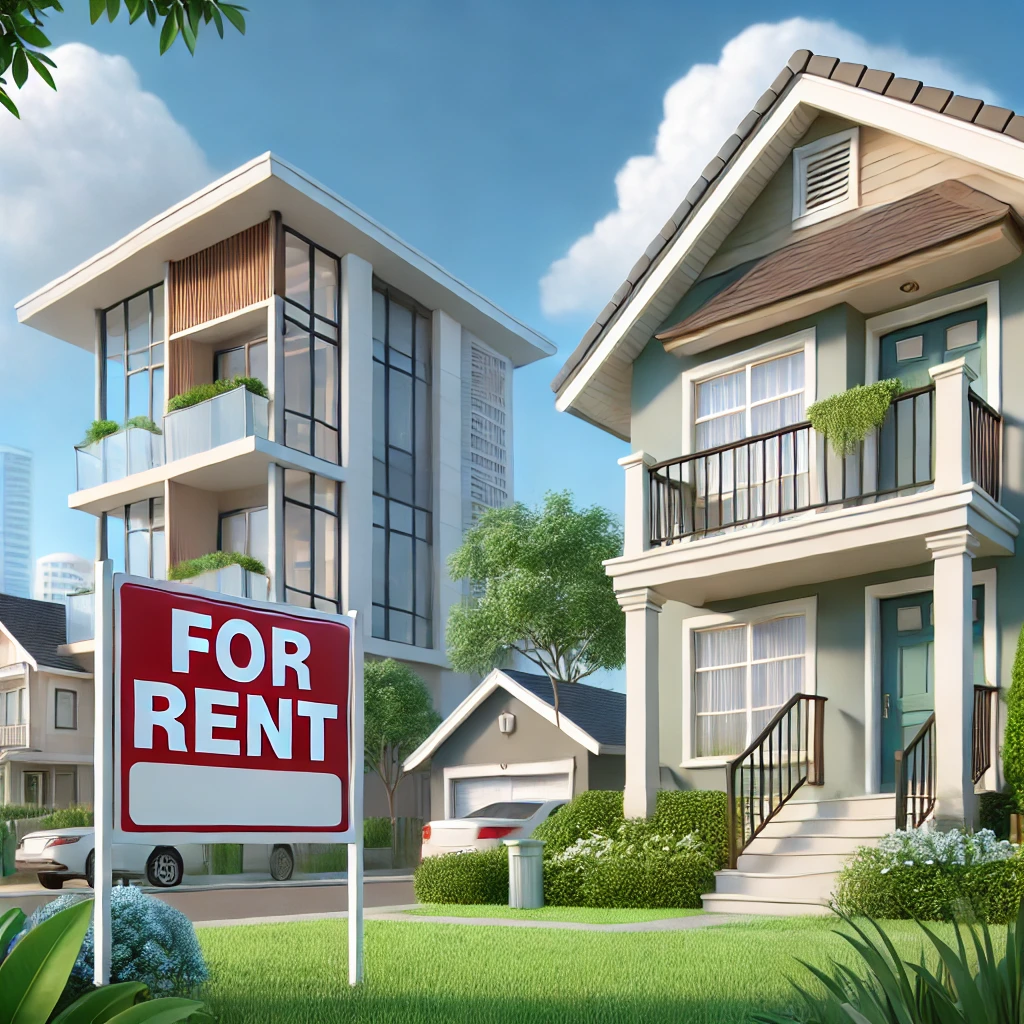How To Buy a Second Home and Rent the First
Investing in a second home while renting out your first property can be a strategic move for generating passive income and building wealth. However, it requires careful planning, financial preparation, and market research. Whether you're upgrading, downsizing, or buying a vacation property, this guide will help you navigate the process.
1. Assess Your Financial Situation
Before purchasing a second home, evaluate your financial health. Consider the following:
- Credit Score: A strong credit score helps secure favorable loan terms.
- Debt-to-Income Ratio (DTI): Lenders typically prefer a DTI below 43%. Ensure your combined mortgage payments won't push you above this limit.
- Savings: You'll need a down payment (typically 10%-20%) and reserves to cover potential vacancies or emergencies.
- Rental Income Potential: Factor in the rental income from your first home. Many lenders allow you to include a portion of projected rental income when calculating loan eligibility.

2. Understand Your Financing Options
Securing a mortgage for a second home differs from financing a primary residence. Options include:
- Conventional Loans: Often the go-to choice, but may require a higher down payment for second homes.
- Home Equity Loan or HELOC: Tap into the equity in your first home to fund the second purchase.
- Investment Property Loan: If you're primarily purchasing the second home as an income property, this type of loan may apply but often comes with stricter requirements and higher interest rates.
3. Prepare Your First Home for Rental
Renting out your first property involves legal, logistical, and financial preparations:
- Local Laws and Permits: Check your local regulations to ensure compliance with rental laws and secure necessary permits.
- Insurance: Update your homeowner's insurance to a landlord policy, which covers rental-specific risks.
- Set Rental Rates: Research market rents in your area to determine a competitive price.
- Property Management: Decide whether to self-manage or hire a property management company. Management services typically charge 8%-12% of monthly rental income but handle tenant screening, maintenance, and rent collection.
4. Choose the Right Second Home
Define your goals for the second property:
- Primary Residence Upgrade: Consider features that align with your lifestyle needs.
- Vacation Home: Look for properties in desirable travel destinations with strong rental potential during your absence.
- Investment Property: Focus on locations with high rental demand and good appreciation potential.
5. Plan for Property Expenses
Owning two properties requires careful budgeting. Common expenses include:
- Mortgage Payments: Ensure you can cover both properties, even during vacancies.
- Maintenance and Repairs: Allocate funds for routine upkeep on both homes.
- Property Taxes: Be aware that second homes often come with higher tax rates.
- Utilities: Decide which utilities (if any) you'll include in the rental agreement.
- HOA Fees: Factor in any homeowner association fees for either property.
6. Market Your Rental Property
To attract reliable tenants, focus on effective marketing and screening:
- Professional Listings: Use quality photos and highlight key features in your rental ad.
- Online Platforms: List on popular websites like BostonApartments.com, Zillow, Apartments.com, or Airbnb for vacation rentals.
- Tenant Screening: Conduct background checks, verify income, and contact references to ensure you select trustworthy tenants.
7. Tax Considerations
Owning and renting multiple properties has tax implications:
- Rental Income: Declare rental income on your taxes. You can deduct expenses like mortgage interest, property taxes, repairs, and depreciation.
- Capital Gains: If you eventually sell your rental property, you may be subject to capital gains tax.
- Professional Advice: Consult a tax advisor to understand deductions and strategies for minimizing tax liabilities.
8. Build an Emergency Fund
Owning two properties comes with increased financial risks, such as unexpected repairs or tenant vacancies. Establish an emergency fund to cover at least three to six months of expenses for both properties.
9. Leverage Professional Support
Managing multiple properties can be complex. Consider hiring professionals to streamline the process:
- Real Estate Agents: Assist with buying your second home.
- Property Managers: Handle tenant relations and day-to-day operations.
- Financial Planners: Provide insights into long-term investment strategies.
10. Monitor Market Trends
Keep an eye on the housing and rental markets to make informed decisions. Adjust rental rates or selling plans based on demand, market value, and economic conditions.
Final Thoughts
Buying a second home while renting out your first can be a rewarding venture if done correctly. It's essential to plan strategically, research thoroughly, and seek professional advice. With proper preparation, you can enjoy the benefits of rental income, property appreciation, and an enhanced lifestyle.